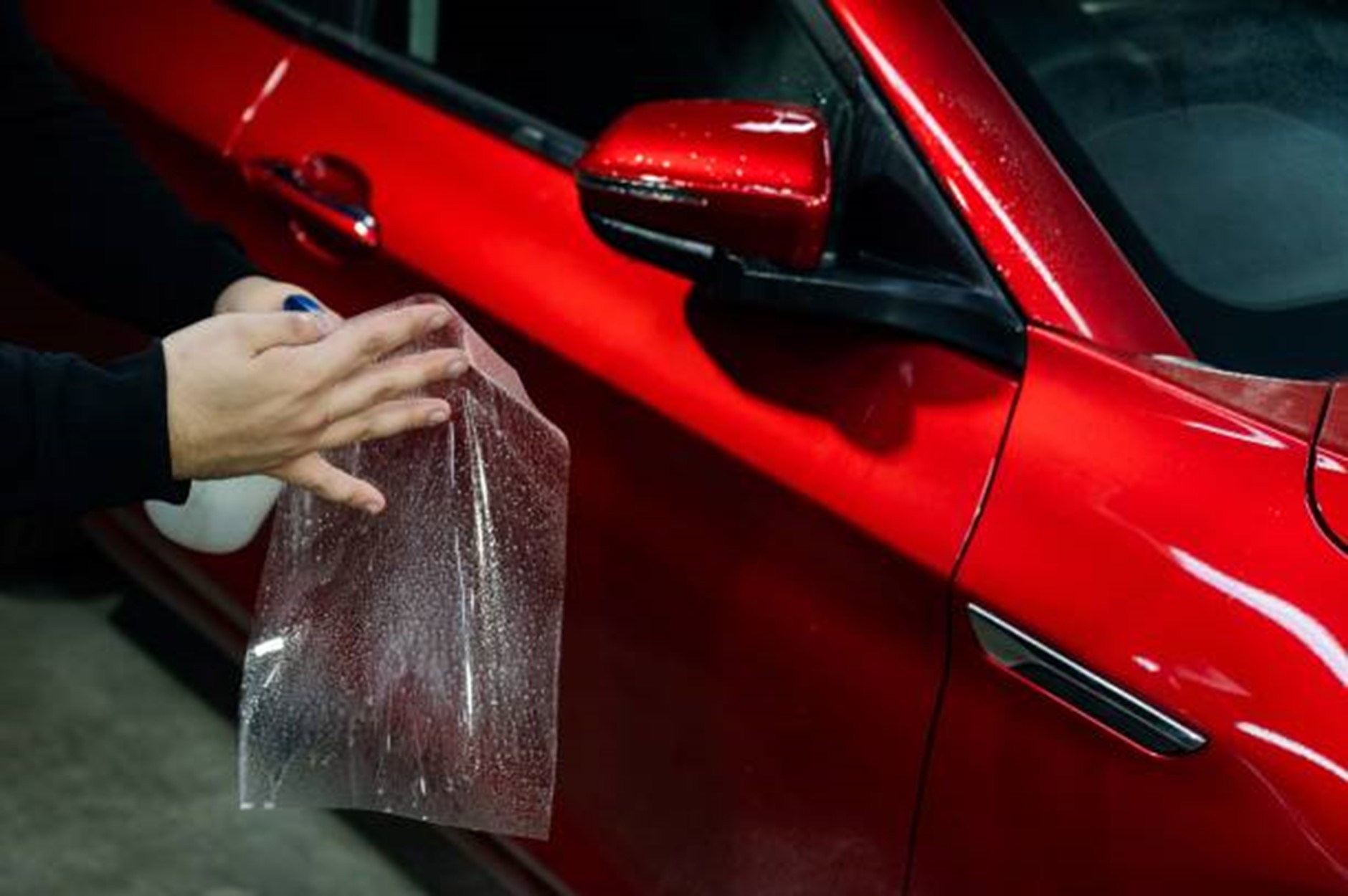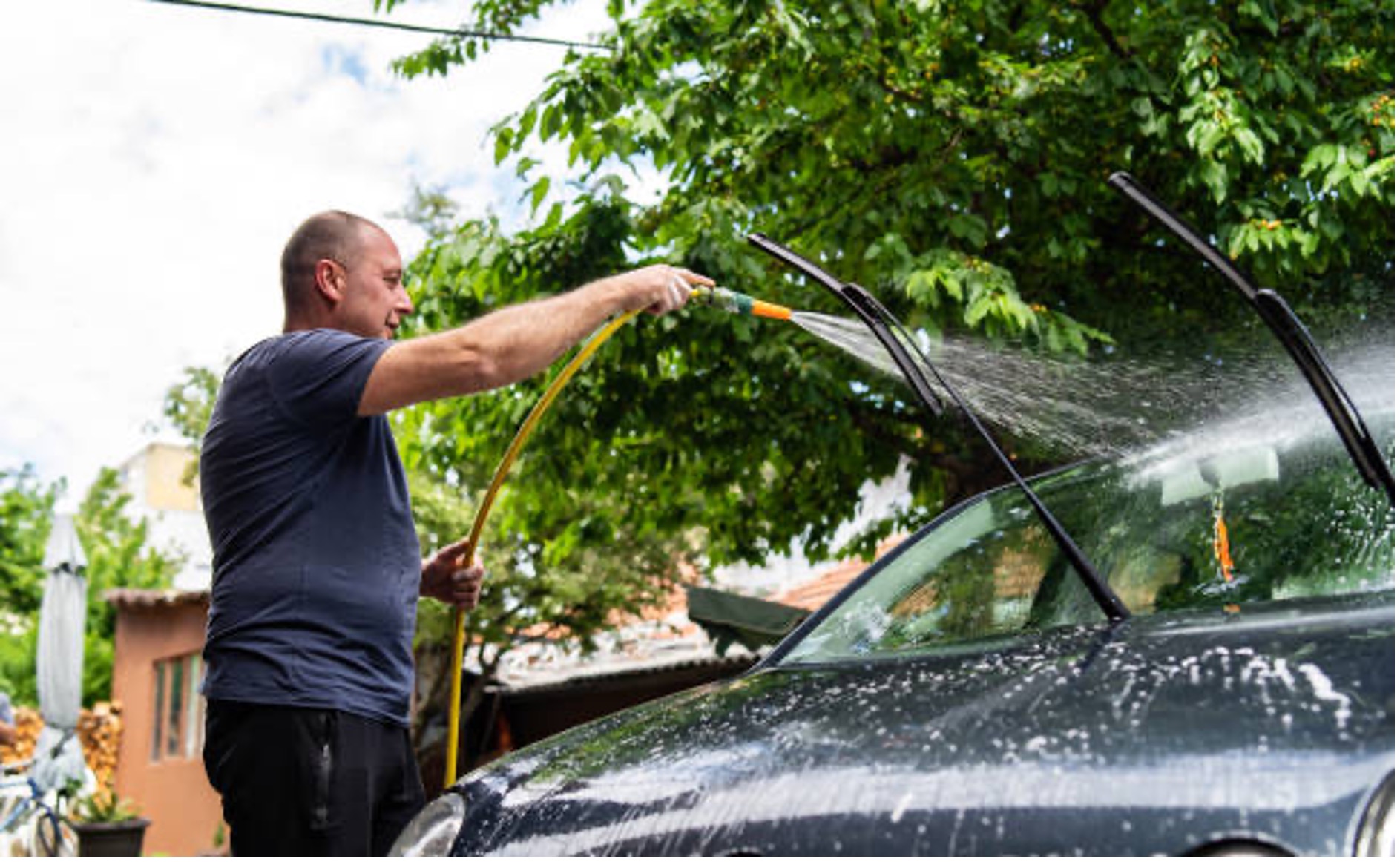Dive into the fascinating world of car wash chemistry. Learn about different types of cleaning agents, how they work, and why proper chemical selection matters for your vehicle's finish.
The science behind car washing is more complex than most people realize. Understanding the chemistry involved can help you make better choices about products and services for your vehicle's care.
Basic Chemistry Principles
Car wash chemistry revolves around several key principles. The pH balance between acidic and alkaline products plays a crucial role in effective cleaning. Surfactants are specialized molecules that help water penetrate and lift dirt from surfaces. Chelation processes bind and remove mineral deposits, while emulsification converts oils and greases into water-soluble forms that can be easily rinsed away.
Pre-Wash Solutions
Pre-wash products are designed to break down heavy soil and traffic film before the main washing process begins. These solutions typically use alkaline-based formulas with specialized surfactants to loosen contaminants for easier removal during the wash phase.
📖 Related Article:

How Paint Protection Film Helps Protect Your Car
Learn how paint protection film keeps your car safe from sun heat stains and marks. Keep your car fresh and protect its value with ease.
 Robert Martinez
Robert Martinez
Main Wash Detergents
The primary washing stage uses balanced pH detergents with multiple surfactant types to provide deep cleaning and soil removal. These products are carefully formulated to lift and suspend dirt particles while protecting the vehicle's finish.
Specialty Cleaners
Different areas of the vehicle require specialized cleaning solutions. Wheel cleaners use acid-based formulas to remove brake dust effectively. Bug and tar removers employ solvent-based chemistry for organic matter removal. Glass cleaners utilize alcohol-based solutions to achieve streak-free results.
Water Quality Impact
Water quality significantly affects cleaning effectiveness. Hard water contains minerals that can interfere with cleaning processes and leave spots. Soft water improves chemical effectiveness and reduces spotting issues. Many facilities use reverse osmosis systems to provide spot-free rinsing.
Environmental Considerations
Modern car wash chemistry emphasizes environmental responsibility. Products are designed to be biodegradable and contain low levels of volatile organic compounds. Advanced formulations work effectively with less water, supporting conservation efforts.
Paint Protection
Proper chemical selection is crucial for paint protection. Products should be pH-balanced to prevent damage to clear coats. Wax-compatible cleaners preserve protective layers, while paint-safe degreasers provide effective cleaning without harming finishes.
Professional Products
Professional-grade products offer higher concentration levels and specialized formulations. While these require proper dilution, they're typically more cost-effective when used in volume. Professional products often contain advanced ingredients not found in consumer products.
Consumer Products
Retail products are formulated for ease of use, with ready-to-use dilutions and user-friendly packaging. While they may cost more per use, they offer convenience and reduced risk of incorrect dilution.
Best Practices
Avoid common chemical usage mistakes by following proper dilution ratios and selecting appropriate products for each task. Pay attention to application order to prevent chemical incompatibility, and allow sufficient dwell time for products to work effectively.
Conclusion
Understanding car wash chemistry enables informed decisions about products and services, ensuring optimal care for your vehicle while protecting the environment. Whether choosing professional services or maintaining your vehicle at home, this knowledge helps achieve the best possible results.

About Dr. Emily Chen
Dr. Emily Chen is a car care expert with years of experience in the car wash industry. Specializing in vehicle maintenance and detailing, offering practical tips and professional insights to help keep any car in top condition.


